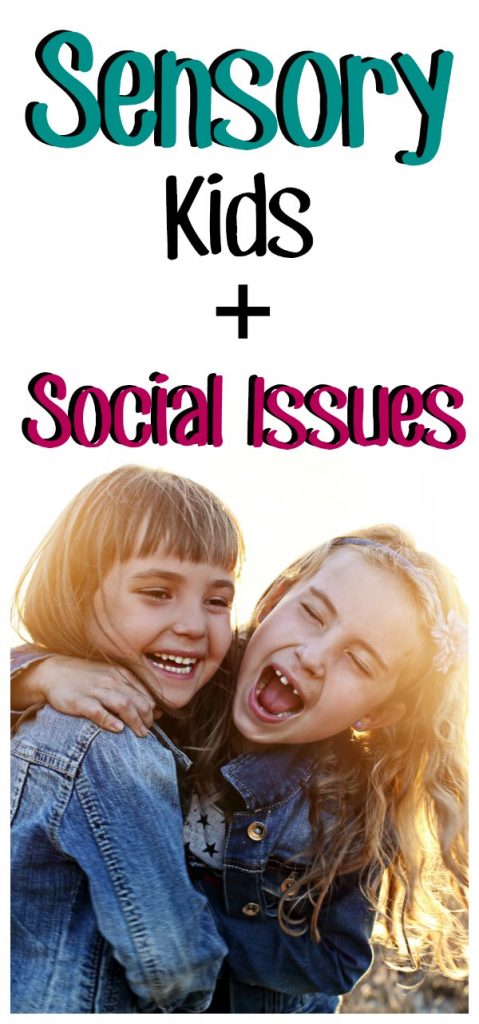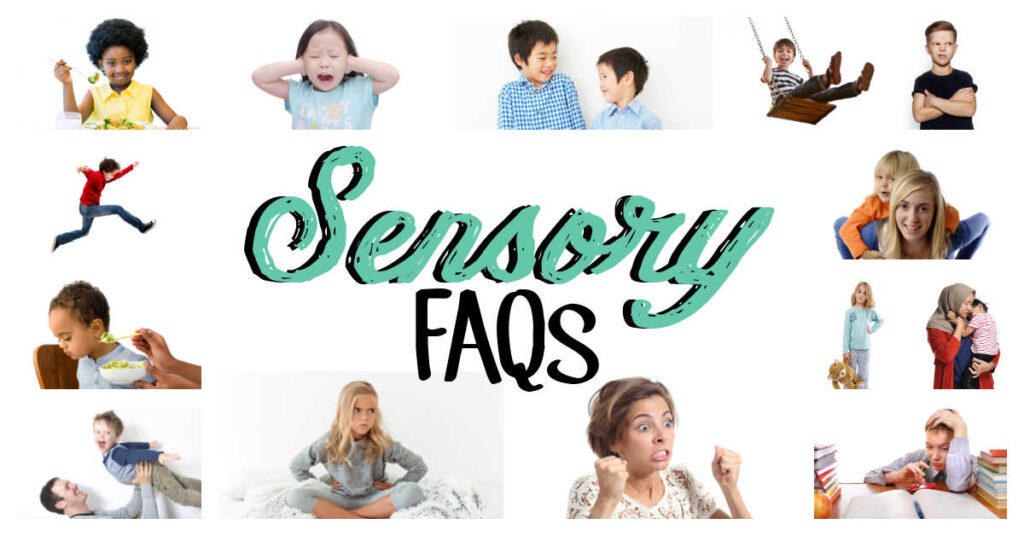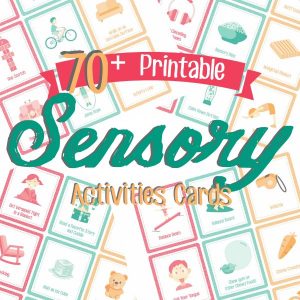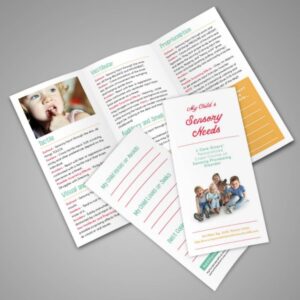Inside you'll find: A peek behind the curtain into what are the indirect causes and motivations of your sensory child's social struggles.
What was your most embarrassing moment?
Chances are, other people were involved in that situation, otherwise, where's the embarrassment?
Kids with sensory issues often find themselves in embarrassing or awkward social situations.
No one wants their kid to be the awkward turtle. It's painful, and dangerously isolating.
Scroll to the bottom for a VIDEO I recorded about this topic!
Why do so many kids with sensory issues struggle in the social arena?
There are many sensory factors that are pieces of the puzzle for sensory kids. Social issues are a secondary symptom.
Shyness
There are hundreds of reasons a sensory child might find themselves choosing to sit on the sidelines. Sometimes what looks like a desire to be alone, is actually a natural consequence of avoiding certain sensory input.
If a child can't stand the sound of the chalkboard, they might sit in the back of the classroom.
If a child is repulsed by the feel of grass, they might not sit outside with the other kids during recess.
If a child hates the smell of many foods, they may choose to sit alone at lunch.
Don't forget the child with auditory processing issues. While clearly not dealing with profound deafness, they do become increasingly isolated, because background noise gets just as much attention as someone speaking directly to them. That much input is overwhelming and eventually, most kids just tune everything out.
Commonly, children with sensory issues also struggle with coordination, as well as gross and fine motor skills. When you start to lag behind your peers, it's easy to see how separation can set in.
Easily Offended/Angered
Is your kid a bit of a hot head? Do the smallest things set them off?
Emotional regulation can be a battle for sensory kids. When their brain has to spend so much of its energy on handling overwhelming sensory input, there isn't much left for self-control.
This of course is not an excuse for poor behavior, but a REASON for it. You can and should still teach your child how to respond with patience and kindness.
But show them how to be aware of their bodies, let them know they have more working against them, but they CAN respond correctly.
Quitter
For a child with SPD, nearly every moment is a battle. A sensory kid can start the day feeling defeated, and without the right tools to fight, will bring that mindset with them into other things.
Many kids with sensory issues are quick to give up if anything is remotely challenging. (ask me how fun it is to homeschool a kid like that!)
This kind of thinking can quickly become a pattern. You have to purposefully teach a healthier way of viewing challenges. Here's ten practical ways to help your kids have a "growth mindset".
Sore Loser
When it comes to being a poor sport, obviously not everything can be blamed on sensory issues. You must train your kids to behave in a kind way!
But for sensory kids, a common struggle is self-regulation. Once they get upset, they escalate, and quickly!
As your child ages, teach them to recognize these signs of escalation in their own body. Rapid breathing, racing heart, rigid limbs. Whatever can clue them in BEFORE the explosion, those are the things they need to be aware of.
Then come up with a plan that they can execute anywhere. Deep breathes, pressing palms together, literally biting their lip, and of course, walking away to cool down.
It's amazing how talking about big emotions and how they connect with our bodies, can really empower a child to make better choices.
Need more help with social aspects of SPD? Check out these posts on Personal Space and Body Awareness , and Big Emotions: Anxiety, Impulse Control, and Explosive Anger)
Have more questions??? Check out this wildly popular series of Sensory FAQs and become a more confident sensory parent today!
Don’t miss my Facebook Chat with other sensory parents about Social Issues! Play the video below!









Full Spectrum mama says
Oh yeah, this awkward turtle TOTALLY gets it.
I’m thinking your growth mindset approach could really help – me and my sensory kid.
Thanks and love,
Full Spectrum Mama